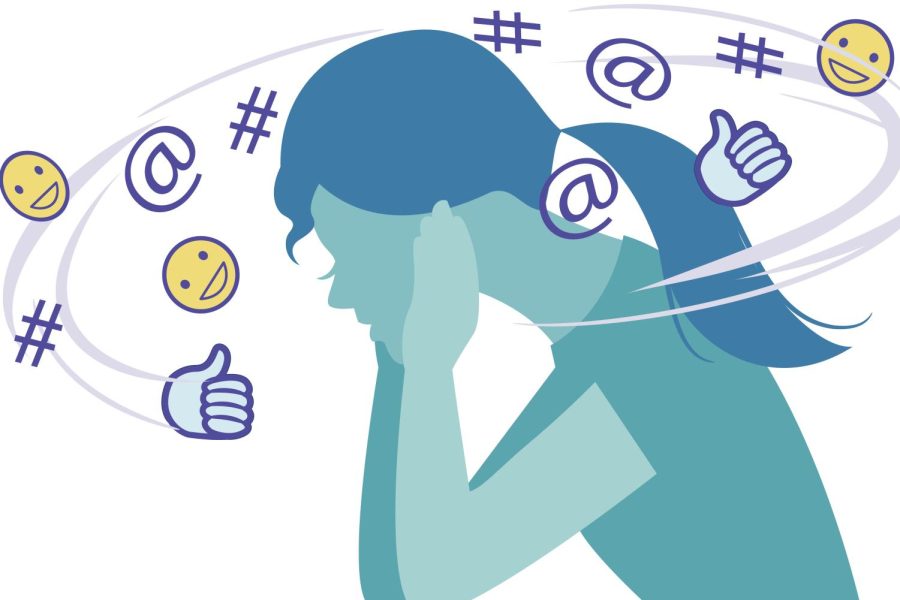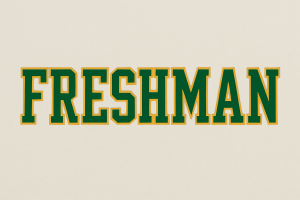Is Social Media Creating a Culture of Apathy?
June 17, 2022
We are living in a time where social media has become the primary source of human interaction. We rely on the Internet for the latest fake news and trends, scrolling mindlessly through Instagram to see gatherings we are not at and perfect people we will never be. But the more we look at social media, the more distant and isolated we begin to feel as our digital lives blend with reality. This results in apathy, a general disinterest and lack of concern for each other.
Social media use is shown to negatively impact our identity, body image, and self-esteem due to our desire to always present the best versions of ourselves. Erving Goffman, a social psychologist, describes social interaction like a theatrical performance, where there is a “front stage” region and a “backstage.” In the front stage, we are before an audience and are conscious of its expectations. We fit ourselves into a role to meet those expectations with our behavior and mold ourselves for a better reaction. In a society that is constantly engaged with “impression management,” we constantly filter and control ourselves no matter how we may actually feel inside. This is known as the “floating duck syndrome,” where on the outside everyone may appear to be graceful while on the inside they are frantically paddling to stay afloat. It is only the backstage where individuals can truly be themselves.
But now, the front we have on social media has started to become part of our individual performance. These institutionalized social scripts have an especially large impact on teens, particularly when the “front stage” they develop permeates into their real lives. This superficial act they give, a meticulously planned script, has now made its way into their everyday conversations. Becoming addicted to curated virtual images of individuals impacts their relationships when they neglect the backstage and get caught up in the act and performance.
Leon Festinger’s Social Comparison Theory is an explanation for the tendency and innate drive to make comparisons between ourselves and others. In order to make accurate judgments about our own progress, we compare our own works in relation to those around us (like a benchmark). Those who have a lower self-esteem experience a worse outcome on their mental and emotional health when they make upward social comparisons (comparison to those who appear to be doing better than them). Social media has taken this comparison to an extreme level because only the best, most filtered versions of other well-doing individuals are shown. Compared to our mundane and unfiltered lives, curated images of others can give us anxiety and make us feel insecure about whether we are doing enough. We can become envious of the victories of others and may stress ourselves out in finding ways to “even the score.”
This overall social comparison, decrease in self-esteem, desensitivity, and facade that we wear on social media fosters an increase in apathy towards each other in real life by disrupting harmony and unity in society. Social media has made us hyper-aware of the faults of others as well as our own. And it is harmful when we fail to develop empathy for others or look at another perspective. While social media can create connections, it is also important not to become too reliant on this superficially curated image. Realizing that we are all the same underneath the filters and plastered smiles can help when we start to compare and degrade ourselves. Spending more quality time with those we love in-person can cultivate memories and broaden our perspectives to who’s actually behind the screen. Real life empathy is what truly connects this world.

















































































































































